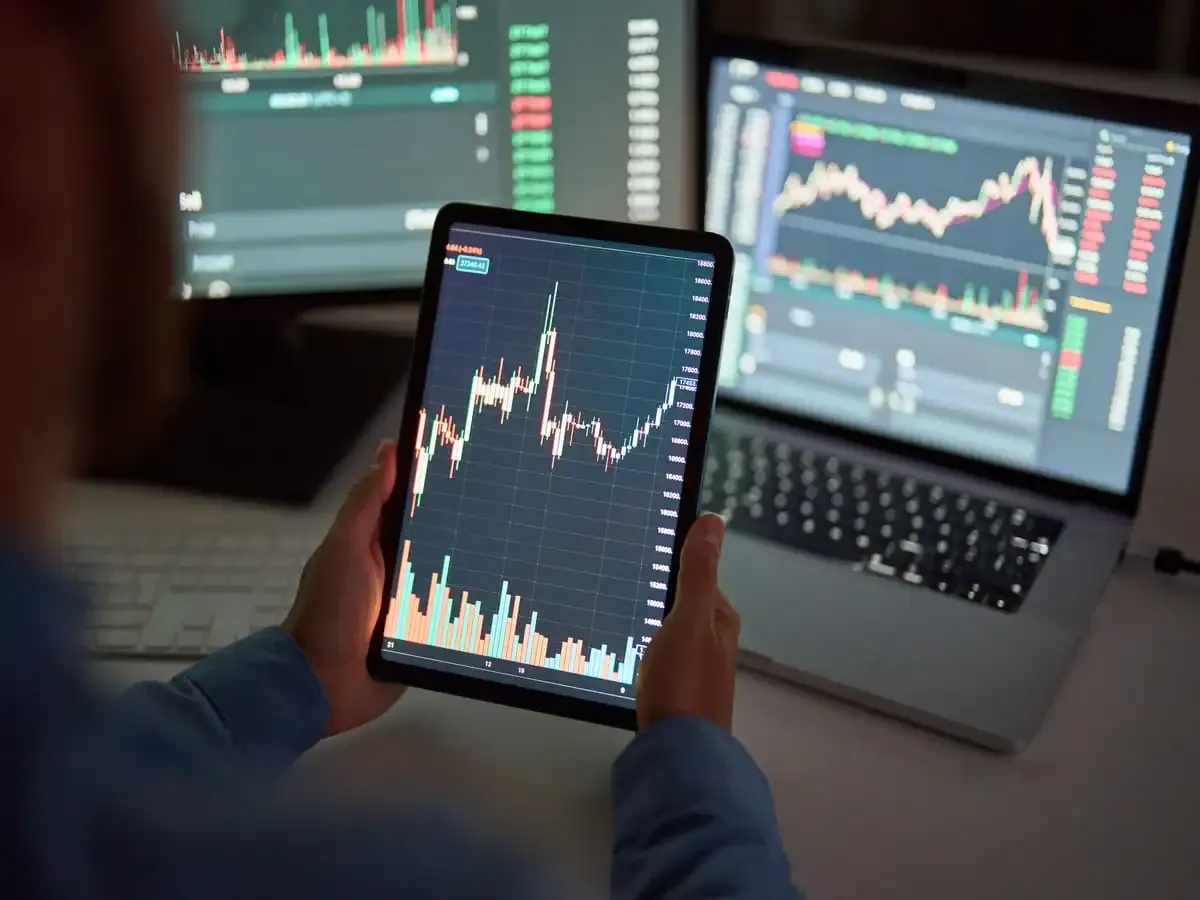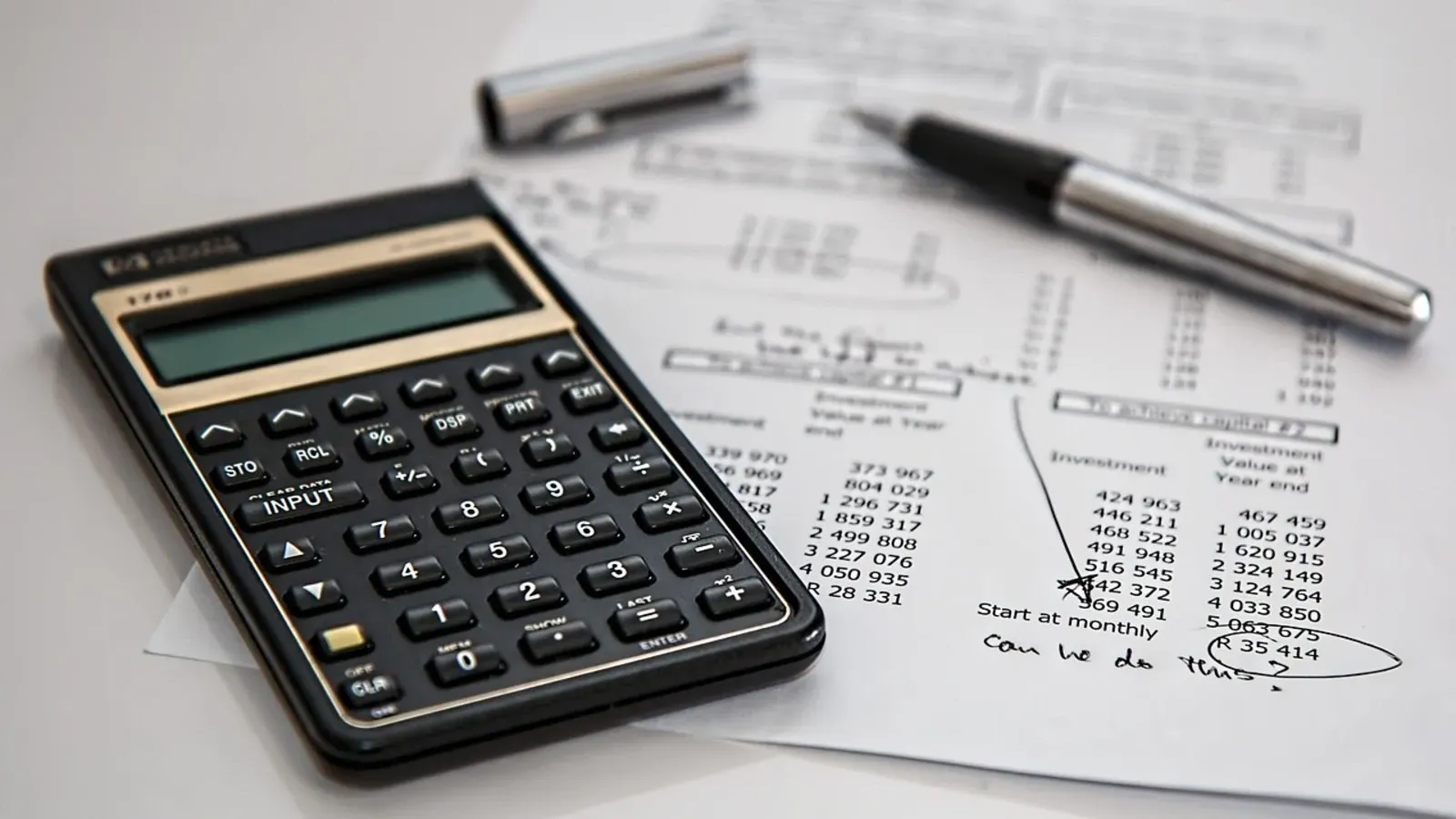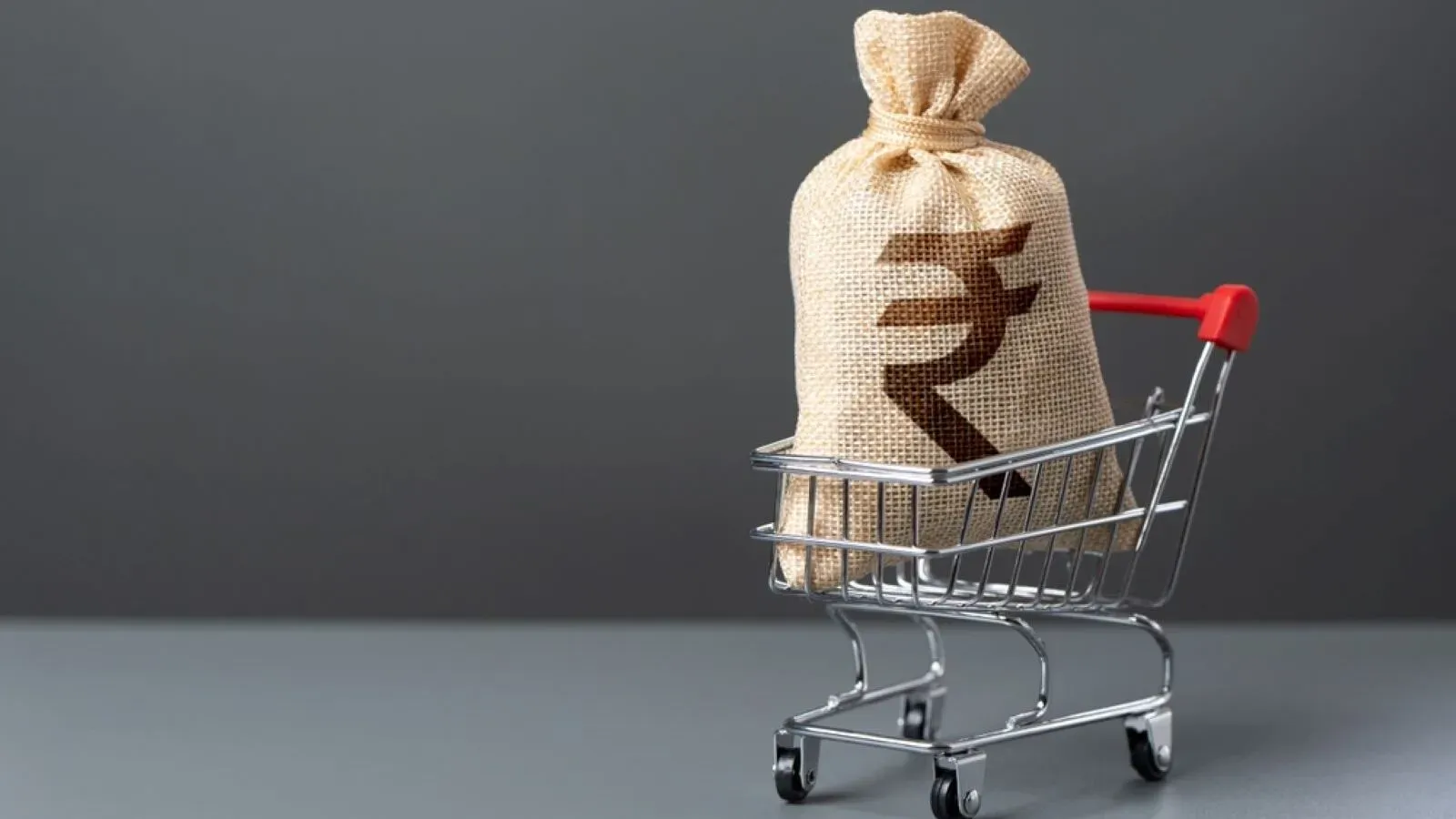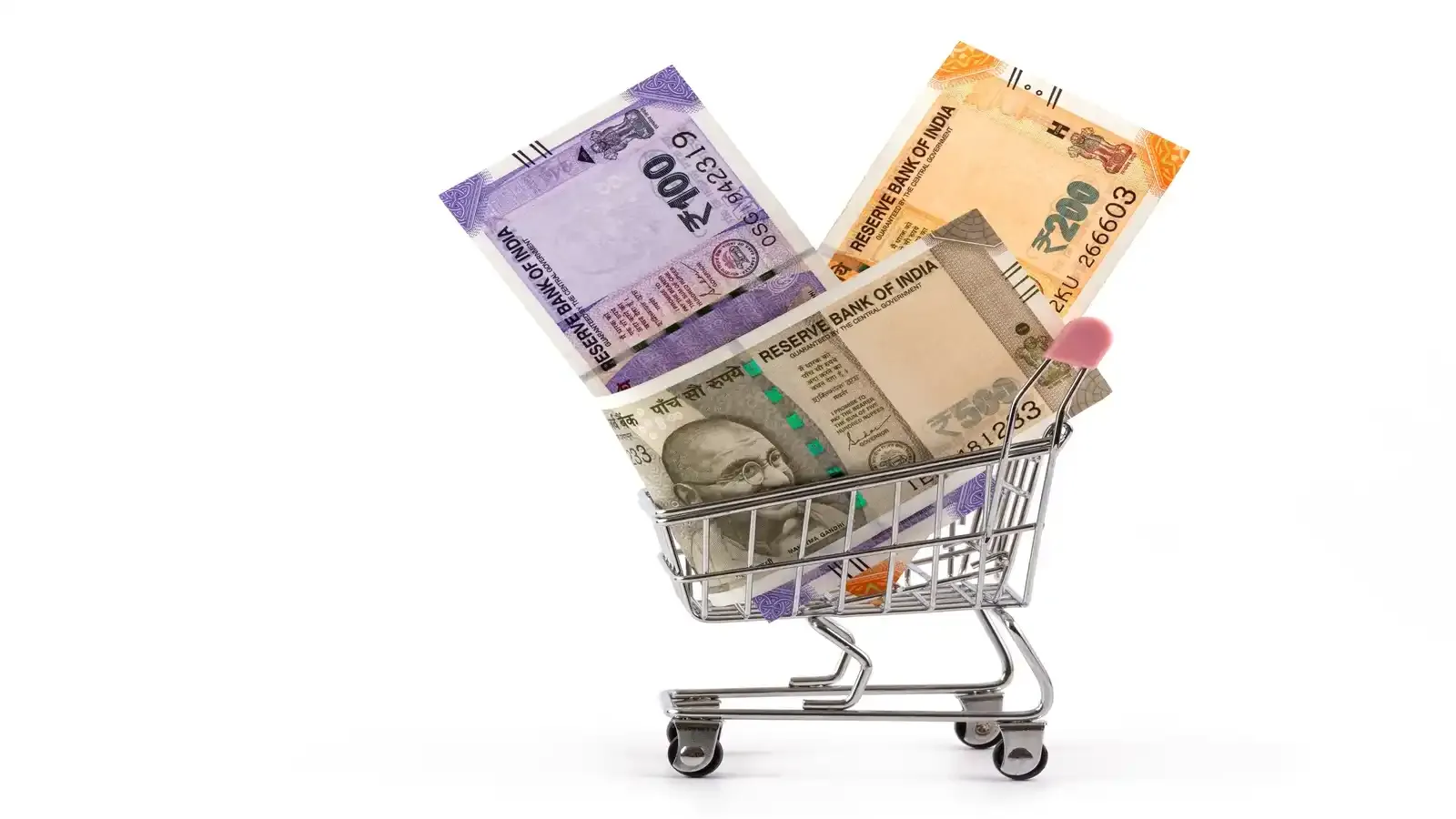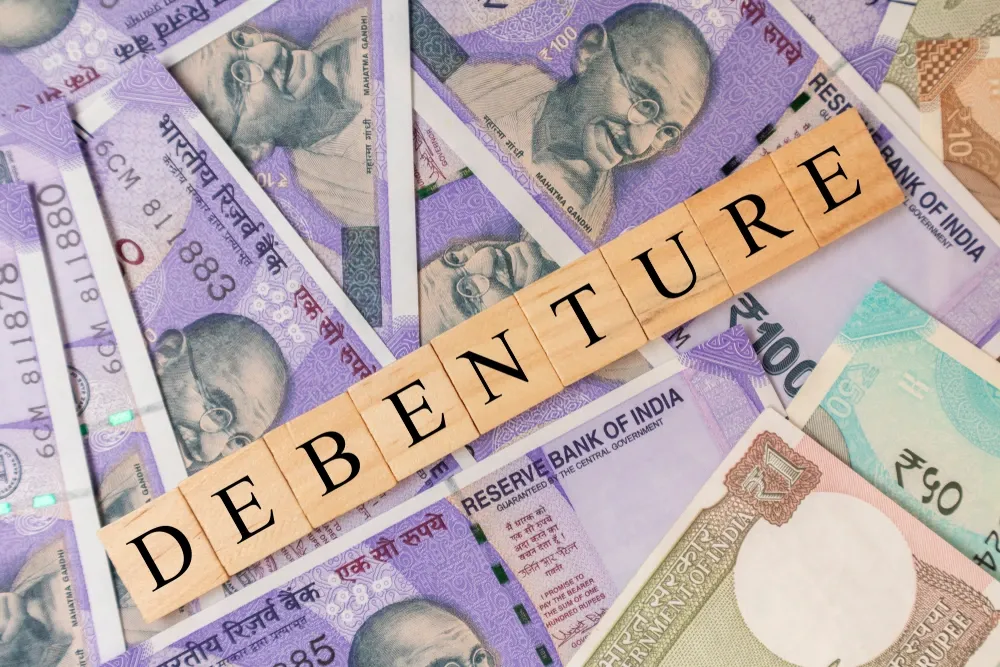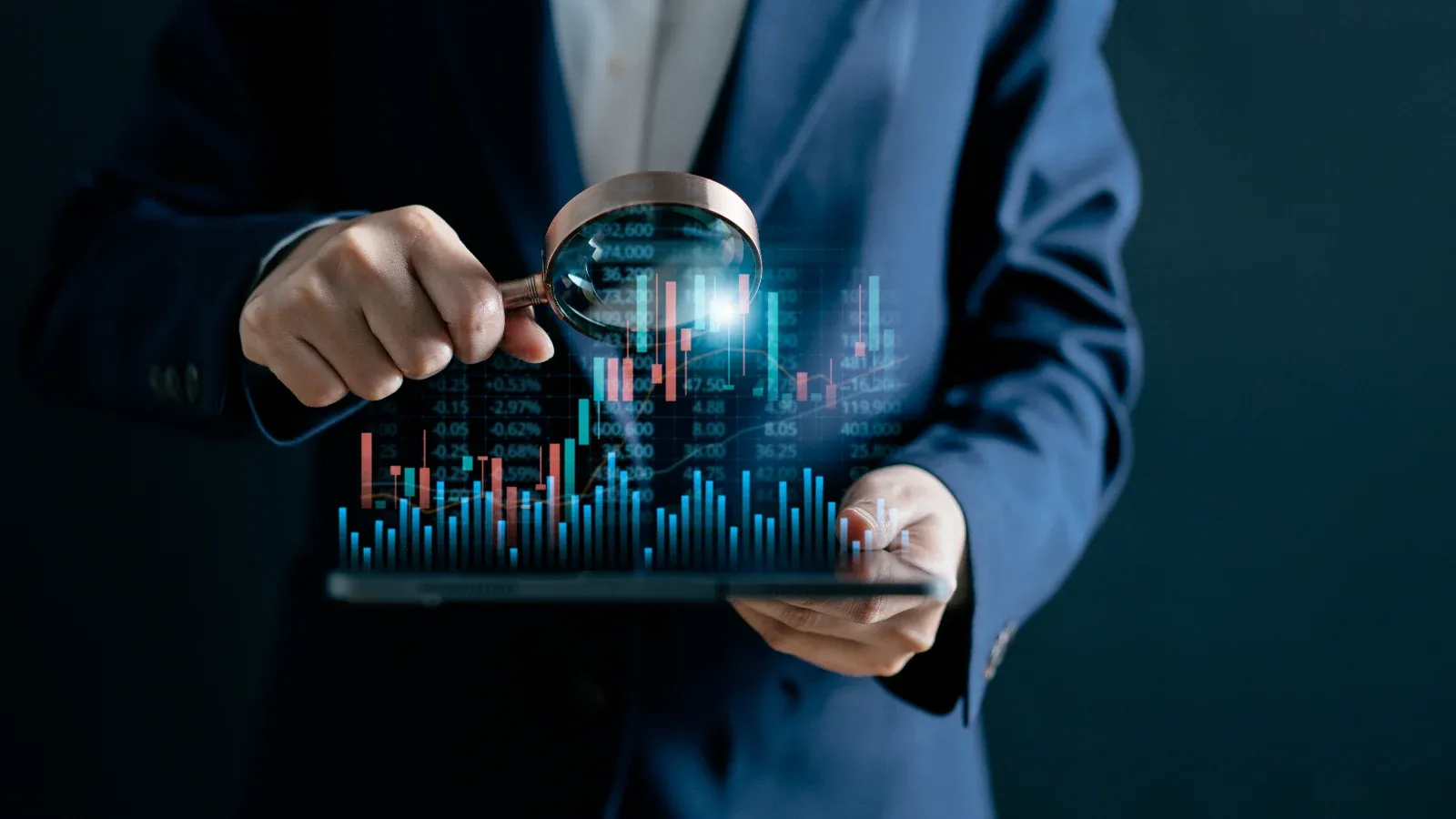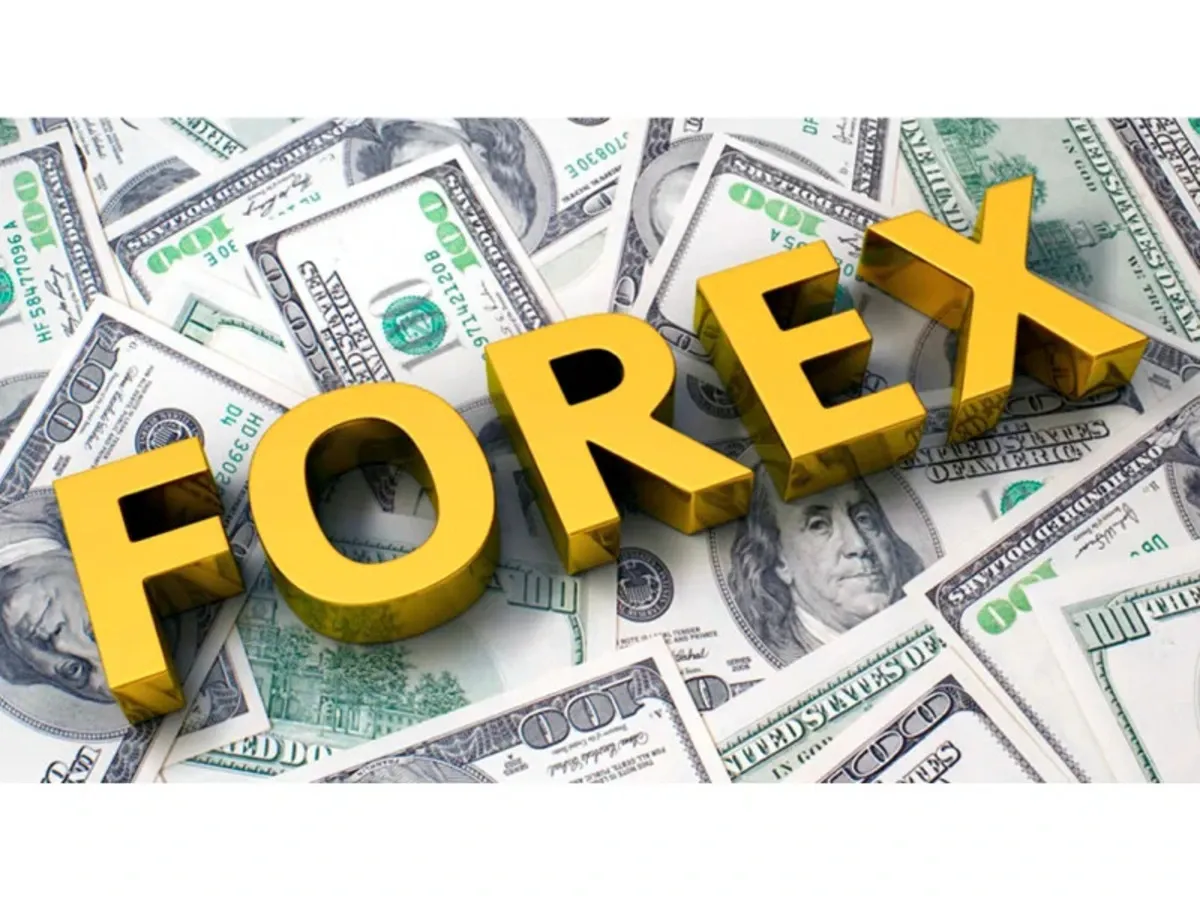Demat Account Vs Trading Account - Differences, What It Is, & Which is Better
Written by Dev Sethia
Published on November 19, 2025 | 5 min read
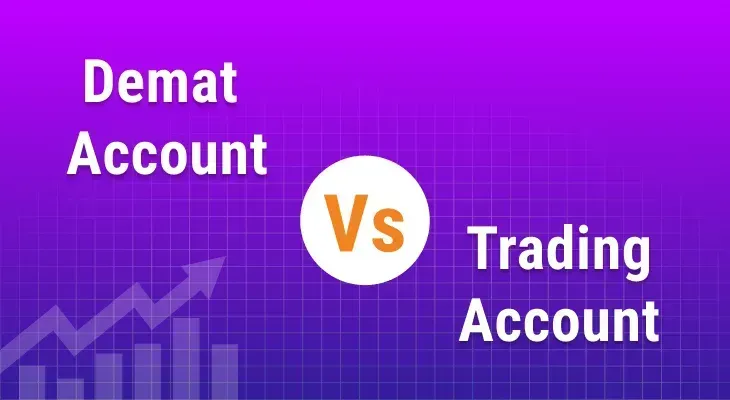
What Is A Demat Account?
A Demat (Dematerialised) account is a secure electronic account that holds all of your investments, including shares, bonds, mutual funds and other securities. In other words, it is your own electronic safe deposit box for your holdings.
When you purchase shares, they are credited into your Demat account, and when you sell them, they are debited from that account. The process is very simple and avoids physical certificates altogether.
Demat accounts in India are controlled by two government-authorised depositories, National Securities Depository Limited (NSDL) and Central Depository Services Limited (CDSL). These institutions ensure that investors' holdings are safe, recorded and easily accessible.
What Is a Trading Account?
A trading account is the connection to purchase and sell securities in the stock market. It is your entry into the marketplace as every order you give to buy or sell shares is done through your Trading account.
The trading account connects the bank account and your Demat to create a three-way system for smooth movement. When you buy shares, the amount is automatically debited from your bank account, and the shares are credited to your Demat account.
Similarly, when you sell shares, the shares are debited from your Demat account and the amount is credited to your bank account.
Demat Account vs Trading Account
While both accounts are part of investing, they serve their own purposes. A Demat Account stores your assets securely and in digital form, whereas a Trading Account allows you to buy and sell shares on the stock exchange.
For example, if you buy 100 shares of any company:
-
You place the buy order through your Trading Account.
-
The amount is debited from your Bank Account.
-
The shares appear in your Demat Account.
This seamless connectivity allows the three accounts, bank, trading and Demat, to work together in a transaction cycle. What Is Important for Whom?
How significant each account is depends on an investor's personality and purpose?
A Demat account is essential for long-term investors because it safely holds their stocks and investments for many years.
The Trading account takes priority for active traders who buy and sell on a routine basis. The Trading account will allow traders to initiate trades quickly, maintain price movements, and identify short-term trades.
One should remember that both accounts depend on one another. One must have a trading account to trade and a Demat account to store their investments both accounts are helpful for an investor in the stock market.
How to Open a Demat and Trading Account
| Steps | Details |
|---|---|
| Select a Broker | Choose a SEBI-registered broker like Upstox offering digital onboarding. |
| Keep Documents Ready | - PAN Card - Aadhaar Card - Bank Account Details - Passport-sized Photo - Digital Signature |
| Complete Online Form | Fill in your basic details and upload the required documents on the broker’s website or app. |
| e-KYC & Verification | Complete video KYC (if required) and link Aadhaar for instant verification. |
| Sign Digitally | Use Aadhaar-linked OTP to sign forms digitally and confirm your application. |
| Account Activation | Upon verification, your Demat & Trading account is activated (usually within 24–48 working hours). |
Fees and Expenses
There are costs associated with maintaining Demat and Trading accounts.
Demat accounts typically charge an Annual Maintenance Charge (AMC), which can be in the range of ₹300 to ₹800 per year.
When it comes to Trading accounts, investors are required to pay the brokerage fees every time trades are executed, which may differ from broker to broker and can vary by transaction type.
Upstox makes investing more affordable by offering a free trading account with no annual maintenance charge in the first year, providing a convenient option for new investors.
Which Is Better?
Both accounts, Demat and Trading, are a necessity for any investor or trader. The Demat account stores your holdings safely, and the Trading account lets you execute trades. You cannot have one without the other.
If you're new to investing and trading, it is recommended that you choose a broker that offers a 2-in-1 or 3-in-1 option to make your life easier as you invest, from putting cash in the account to executing trades and storing your investments.
Demat and Trading accounts are necessary for Indian stock market participation. These two accounts facilitate safe storage of shares/securities and the process of buying or selling them with ease.
Ensuring you select a trusted broker and fully grasp the purpose of Demat and Trading accounts, means you can expect the entire process of being an investor to go smoothly and efficiently, as you start out or as an experienced investor.
FAQs
Are both accounts necessary?
Yes, if you want to invest or trade in the stock market, then yes you would need both a Demat account and a Trading account. The Demat account will hold the shares and the Trading account allows for the buying and selling of said shares.
Can I only open a Demat account?
Yes, you can. But for stock trading or investing, you would ultimately need to have both a Demat account and a Trading account connected for trading purposes.
Is there any yearly fee?
Yes, most brokers that offer Demat accounts will charge an Annual Maintenance Charge (AMC) for your account that falls between ₹300 - ₹800.
What documents do I need to open an account?
When applying for a Demat and Trading account, be prepared to provide your PAN, Aadhaar, bank details, a passport-sized photograph and your digital signature.
Which one is the better broker?
The answer to this question varies according to individual needs. If you need investment advice and possible research or support is needed, then usually a full-service broker would be needed. If you are seeking lower brokerage fees and don't need advice and are managing your investments, then a discount broker might work.
About Author
Dev Sethia
Sub-Editor
a journalism post-graduate from ACJ-Bloomberg with over three years of experience covering financial and business stories. At Upstox, he writes on capital markets and personal finance, with a keen focus on the stock market, companies, and multimedia reporting. When he’s not writing, you’ll find him on the cricket pitch
Read more from DevUpstox is a leading Indian financial services company that offers online trading and investment services in stocks, commodities, currencies, mutual funds, and more. Founded in 2009 and headquartered in Mumbai, Upstox is backed by prominent investors including Ratan Tata, Tiger Global, and Kalaari Capital. It operates under RKSV Securities and is registered with SEBI, NSE, BSE, and other regulatory bodies, ensuring secure and compliant trading experiences.


















